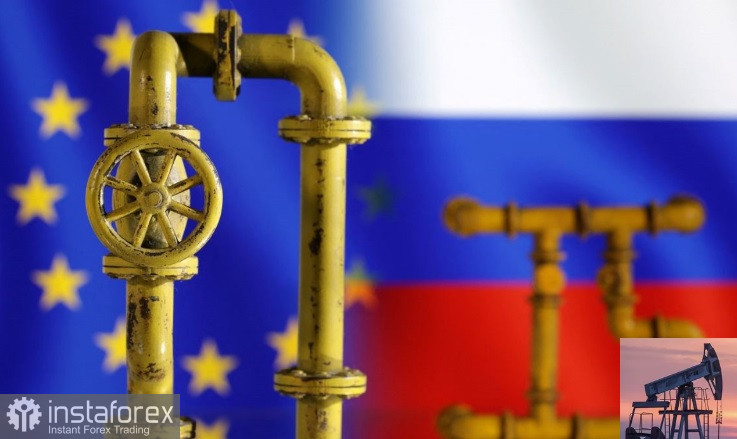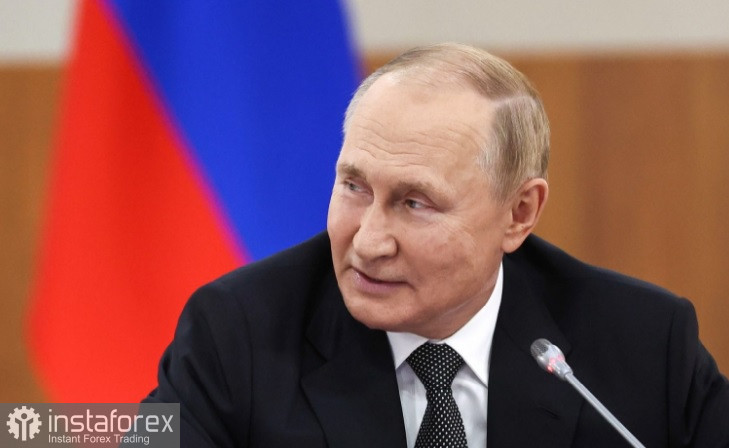
On Friday, the US Treasury Department said that the price cap on Russian crude oil the G7 is planning to impose should reflect a fair market value.
On September 2, members of the G7 agreed to set a price cap on exports of Russian oil.
It should be set above the marginal production cost of Russia's oil and take into consideration historical prices, according to the US Treasury Department.
Meanwhile, Russia warned it would halt energy exports if Western countries proceeded with the plan to cap prices for its oil and gas.
"We will not supply gas, oil, coal, heating oil — we will not supply anything," Russia's President Vladimir Putin said.

Although Russia has made its position clear, talks on how the US and its allies might cap the price of Russian oil exports continue. The European Union has proposed a price cap on Russian gas just as Russia's President Vladimir Putin warned that such a move would cause the halt of its energy supplies.
However, not all EU countries are unanimous about the proposal. Germany voiced skepticism, and Hungary said this would cut off Russian gas supplies to Europe.
"The plan that would impose a price cap exclusively on Russian gas coming via pipelines is entirely against European and Hungarian interests," Hungarian Foreign Minister Peter Szijjarto said on Friday ahead of an emergency meeting of European energy ministers.
 English
English 
 Русский
Русский Bahasa Indonesia
Bahasa Indonesia Bahasa Malay
Bahasa Malay ไทย
ไทย Español
Español Deutsch
Deutsch Български
Български Français
Français Tiếng Việt
Tiếng Việt 中文
中文 বাংলা
বাংলা हिन्दी
हिन्दी Čeština
Čeština Українська
Українська Română
Română

